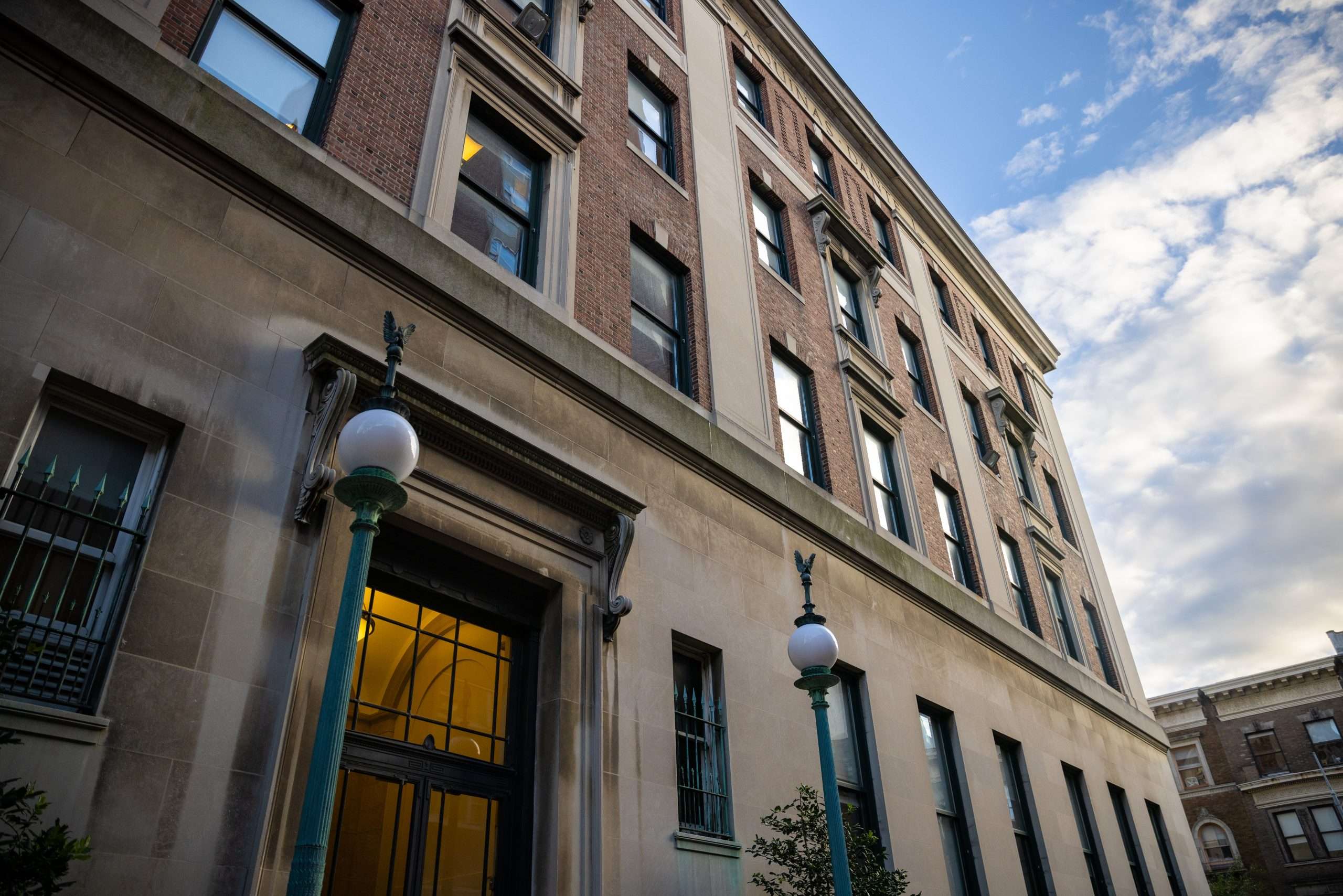The Ivy Coach Daily
Why It’s Important to Be Honest in College Admissions

Originally Published on May 6, 2019:
In college admissions and in life, it’s always important to be honest. We’d say that goes without saying, but, hey, the Varsity Blues college admissions scandal of a few years ago involving the bribery of college athletic coaches and cheating on standardized testing shined a bright lantern on parents, students, and others who clearly didn’t understand the importance of honesty.
At Ivy Coach, We Pride Ourselves on Honesty
At Ivy Coach, we find ourselves honest to a fault. But — just as we tell our students — we believe in showing rather than telling, so let’s offer a few concrete examples of how we, as a college counseling firm, are honest with our clients and prospective clients.
10 Examples of Ivy Coach’s Honesty as a College Counselor
We are honest to a fault when:
- A student with C grades hopes to earn admission to Harvard University. We’ll tell this student and their parents they don’t have a shot of getting into Harvard under any circumstances. The student might be upset. Their parents might be livid. But those feelings, in our experience, will pass. It’s more important to let the student and her parents know the cold hard truth — even if it means losing their business. Because we’d so much rather them hear the news from us than hear it from Harvard after they’ve wasted their valuable Early card and been deferred or denied.
- A know-it-all parent says they wish to sign up for our services during a free consultation. Or if they ask for a guarantee. We’ll tell them the purpose of the free consultation is as much for us to gauge if we’re the right fit as it is for the prospective client to gauge their fit with us. And then we’ll let them know we don’t feel it’s a good fit and wish them all the best.
- A parent wants their child to submit a supplemental letter of recommendation from a world leader. We’ll ask them, “Who are you trying to impress?” Letters of recommendation from famous people rarely serve an applicant and, in fact, often undercut an applicant’s likability.
- A student attempts to lie on a college application, such as including an honor the student did not genuinely receive. If our suspicions are alerted, we’ll ask them, point blank, if they truly earned that honor. If they say they didn’t, we might say, “What on earth were you thinking? Take that off immediately!”
- A student comes to us for the first time as a client after they don’t get in. During our PostMortem application review, we will dissect every component of their application and let them know exactly what went wrong. And after they hear our feedback — even though they likely worked with a private college counselor during the admissions process — they’ll know we’re right because it will make perfect sense to them.
- A parent asks if we’ll write an essay for a student because their child is too busy. That parent will regret asking such an inappropriate question. We brainstorm every essay with Ivy Coach’s students — paragraph by paragraph. And we revise every one of those paragraphs before they’re submitted. But we will not write essays for students. Not now, not ever.
- A student thinks they’re taking rigorous high school courses but actually isn’t challenging themselves to the extent they’ll need to if they hope to earn admission to a top university. If a high school math curriculum maxes out at BC Calculus, students can take Multivariable Calculus outside of their school through an online program. We’re in the age of online learning!
- A student wishes to come out as a member of the LGBTQ+ community in their college essays, but they don’t want to share these words with their parents. It’s, in fact, one of the only times we don’t include parents as CC’ed recipients on our emailed revisions. In front of the student, we’ll let them know that the student wishes to share something personal in their essays, and we won’t maintain their child’s privacy.
- A student asks if they can drop a senior year course or two after earning admission to one of the top universities in America with our help. Are they kidding? That’s cause for the revocation of their offer of admission. All offers are contingent upon successfully completing the courses listed on their applications.
- A student’s college list contains no safeties. A college list featuring only the Ivy League institutions and their peers, like Stanford University, Duke University, and the Massachusetts Institute of Technology, is a poorly devised college list — no matter the student’s grades and scores.
Heed the Lessons of the Varsity Blues Scandal
While it should never take a scandal, like the Varsity Blues scandal, to remind parents and students of the importance of honesty in college admissions, let it be a lesson to parents and students to not stray from the truth, to not stray from acting ethically.
Not only can including untrue information on a college application lead to a rejection, but it can also lead to the revocation of an offer of admission after a student has already enrolled at the school. That’s how seriously America’s elite colleges take honesty in admissions. It’s how seriously we at Ivy Coach take honesty in admissions.
You are permitted to use www.ivycoach.com (including the content of the Blog) for your personal, non-commercial use only. You must not copy, download, print, or otherwise distribute the content on our site without the prior written consent of Ivy Coach, Inc.
TOWARD THE CONQUEST OF ADMISSION
If you’re interested in Ivy Coach’s college counseling, fill out our complimentary consultation form and we’ll be in touch.
Get Started




